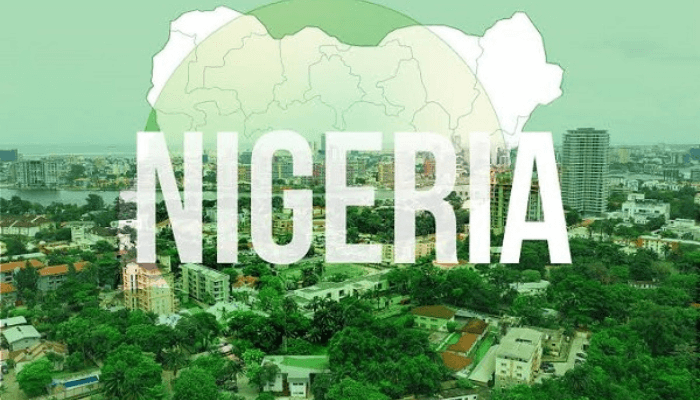The commonest definition of democracy is that given by Abraham Lincoln which says, “It is the government of the people, by the people and for the people.” Unfortunately, Nigerians have not really enjoyed this definition of democracy.
After successive democratic governments and Nigeria enjoying over two decades of uninterrupted democracy, things have only gotten worse for the common man.
When most Nigerians voted President Bola Tinubu into office in 2023, it was with the high hopes of a new dawn, but the recent economic reforms have raised more eyebrows.
The reforms, aimed at transforming the economy, have instead burdened the common man. Early this year, Joseph Ajaero, the labour congress president, stated during the 21st Daily Trust Dialogue that the reforms were based on World Bank and IMF templates, lacking strategies to cushion their impact on ordinary citizens.
For instance, the fuel subsidy removal, which was introduced in May, 2023, has led to a demand-pull inflation, skyrocketing prices and increasing poverty. Also, the electricity tariff hike added to the burden, has left many Nigerians to not only suffer, but to suffer in darkness.
Additionally, the introduction of the student loan policy in April this year, aimed at promoting accessibility to higher education for low-income individuals, also came with its controversies. The policy’s rigid requirements have raised concerns as many Nigerians struggle to meet the eligibility criteria. Moreover, the loan repayment process appears unsettling, given the limited job opportunities available to youths in the country.
Despite the public outcry, the government pushed forward with the reforms, leaving the common man to bear the brunt. While many agree that theoretical aspects of the policies are sound, their implementation lacks consideration for the common man.
But for things to get better, the government must reassess its policies and implement feasible strategies to cushion the impact of the current economic hardship on the ordinary citizens. After all, democratic priorities ought to be for the masses.
Samaila Aisha Dahuwa is a mass mommunication student at Nile University, Abuja.

 Join Daily Trust WhatsApp Community For Quick Access To News and Happenings Around You.
Join Daily Trust WhatsApp Community For Quick Access To News and Happenings Around You.

